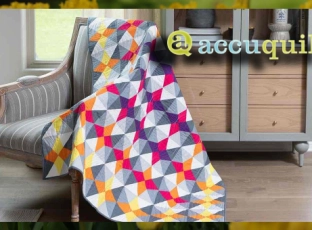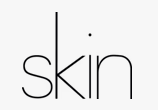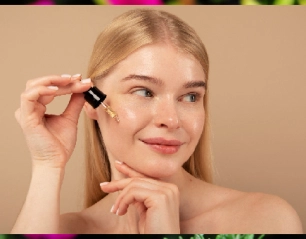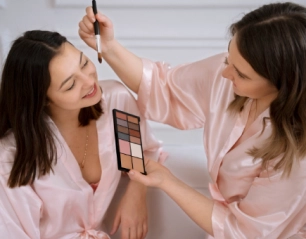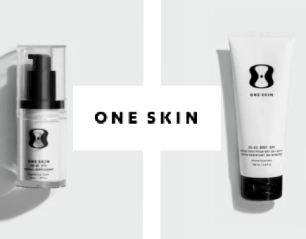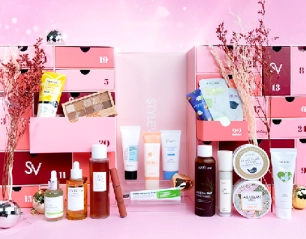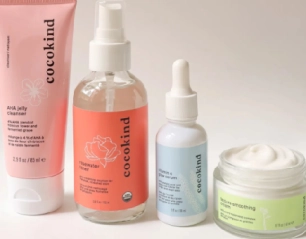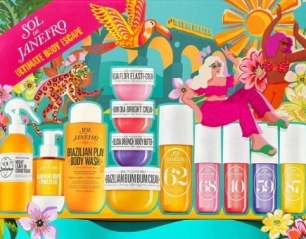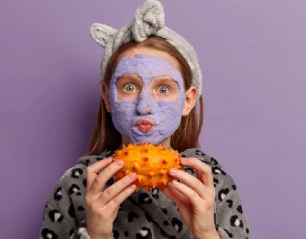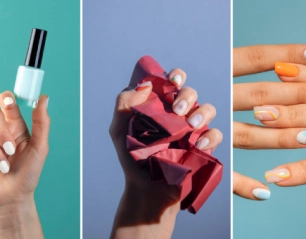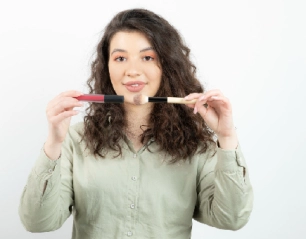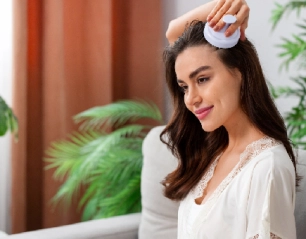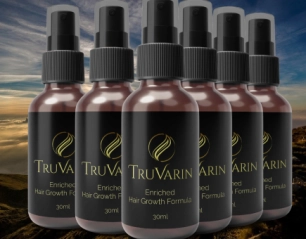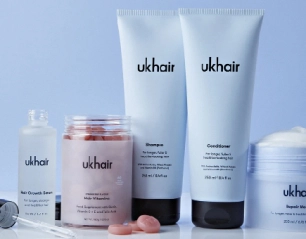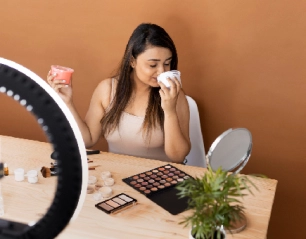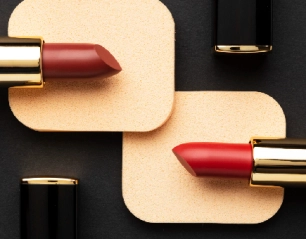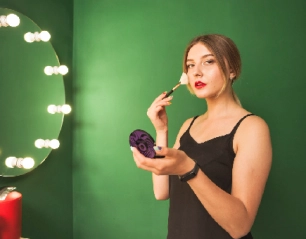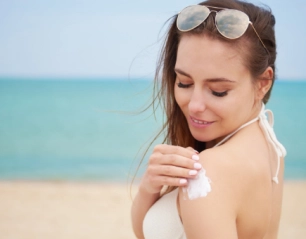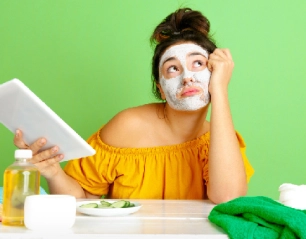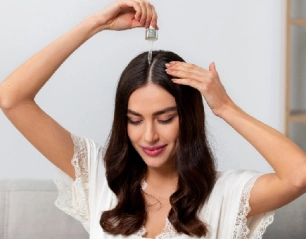Acne is a wide-reaching skin problem that affects numerous people worldwide. Treating and controlling acne proves difficult, resulting in effects on self-perception and general health. There are countless treatments alongside skincare products, but proper knowledge of practices results in the strongest impact. Learning about correct and incorrect acne behaviour enables you to create the best possible skincare plan and produce better skin health.
Understanding Acne and Its Causes
Acne forms when follicles become filled with oil combined with dead skin cells together with bacteria. Acne develops because of hormonal changes and genetics as well as stress and certain foods together with improper skincare methods. Acne appears in six fundamental types which include whiteheads and blackheads followed by papules and pustules and extending to nodules and cysts. Doctors must treat severe cases of acne because it fails to heal without professional medical assistance. Learning about these contributing elements helps people develop better knowledge in selecting appropriate skin treatments and skincare methods.
The Do’s of Acne Care
A personalized skincare plan must be developed because it holds essential benefits against acne development. The following list contains essential points for proper acne care:
Use a Gentle Cleanser
Regular daily cleansing practices ensure the removal of excessive oil combined with dirt and impurities that might cause acne. Choose a gentle acne-care cleanser which does not contain scents and is created for people with oily skin. The use of harsh soaps and aggressive scrubbing causes natural skin oil endings which heightens both inflammation and acne emergence. Selecting a suitable cleanser marks the beginning of creating a healthy facial appearance.
Moisturize Daily
Acne-prone skin sufferers generally stay away from moisturizers because they believe these products will increase skin oil. The skin barrier requires hydration to stay healthy. Select a daily moisturizer which is lightweight and avoids pore clogging to use on the skin. Acne care requires hydration to reduce inflammation and speed up the healing process which establishes proper hydration as an essential component in acne treatment.
Apply Sunscreen Regularly
Acne becomes worse when the skin receives sun exposure which also produces dark spots. You must apply broad-spectrum sunscreen which has an SPF value of 30 or higher as well as being oil-free and non-comedogenic to shield skin from UV ultraviolet damage. The use of sunscreen functions to stop post-inflammatory hyperpigmentation which maintains skin color uniformity and health.
Exfoliate with Caution
Overdoing exfoliation leads to skin irritation and is distinguished as a contributor to acne outbreaks. Everyone who wants healthy skin should use chemical exfoliants based on salicylic acid or glycolic acid twice or thrice weekly to maintain skin cleanliness without harming it. Correct exfoliation methods allow all acne treatments to work better.
Use Acne-Fighting Ingredients
Search for skincare products which contain acne-fighting agents namely benzoyl peroxide together with salicylic acid and niacinamide. Benzoyl peroxide alongside salicylic acid and niacinamide operates in three distinct ways to minimize swelling destroy acne germs and normalize skin oil. Regular use of the mentioned components produces substantial improvements to skin texture alongside enhanced skin clarity.
Stay Hydrated and Eat a Balanced Diet
Water consumption in addition to nutrient-rich foods contributes to better skin health. Eating foods with antioxidant content, vitamin levels and omega-3 fatty acids creates beneficial conditions for skin health. Syndromes related to both dairy products and foods with high glycemic indexes should be limited to avoid pore clogs. The healing capability along with clear skin appearance comes naturally from consuming a balanced diet.
Change Pillowcases and Towels Regularly
Breakouts occur when bacteria along with oil accumulate in unclean pillowcases and towels. People should exchange their pillowcases along with towels twice a week to establish a hygienic sleep zone and skincare space. A clean surrounding environment decreases the chances of bacterial and dirt contamination on your facial skin.
Manage Stress Levels
Acute stress affects hormonal regulation which eventually results in inflammation of acne. Schedule activities that reduce stress because they help you unwind such as meditation yoga together with exercise and personal hobbies. Better skin health throughout the body results when people learn to manage their stress which additionally reduces inflammation.
Consult a Dermatologist
Consult with a professional at any time when your acne condition becomes either severe or persistent. A dermatologist will advise you to use combination treatments such as medication creams with oral drugs and chemical peel or laser therapy procedures. Getting professional guidance provides customized treatment plans that match your particular skin requirements.
The Don’ts of Acne Care
Some acne-prone habits should be avoided to stop acne from getting worse. The following specific instructions should be avoided:
Don’t Pick or Pop Pimples
People should resist the urge to pick or squeeze their pimples because this action leads to infection spread and facial scarring along with inflammation of their skin. Active breakouts require specific spot treatments which will help decrease redness while reducing swelling. Natural healing processes for your skin should be allowed to take place to prevent permanent damage.
Don’t Overwash Your Face
Avoid Alcohol-Based Products
Hard-working cleansers and alcohol toners rob the skin of moisture and irritate it, leading to further oil production and aggravating acne. Always choose something gentle and hydrating on the skin. Using gentle skincare ensures that we keep our skin in balance and good health.
Don’t Sleep with Makeup On
The pores are blocked, and bacteria are trapped between the skin and makeup, resulting in breakouts. Therefore cleansing away all makeup with a mild cleanser or micellar water before bedtime becomes a must. The clean skin is essential to prevent breakouts from arising overnight.
Trial and Error for Your Skin
Using too many products at once may irritate the skin and compromise its barrier. Therefore, incorporate products one at a time and monitor the skin’s reaction. Damaging the skin probably leaves the user unable to tell what treatment does what.
Don’t Share Makeup or Skincare Tools
Makeup brushes, sponges, and tools are common carriers of bacteria which can easily cause breakouts when used by different people. Regular cleanup of your tools is very important and always use your own tools.. Clean your tools regularly and never share them. Personal hygiene is essential in the fight against acne.
The Psychological Impact of Acne
Acne can lower self-esteem and mental well-being, possibly resulting in anxiety or depression. Seeking help from a dermatologist, therapist, or support group will bolster emotional support. When it comes to treating acne, self-worth and care go hand in hand.
Sleep and Skin Health
Sleeping less increases the stress that aggravates acne problems. Sleep 7-9 hours of quality, deep, unbroken sleep per night. To further overall skin health, proper schedules allow skin regeneration and repair.
How to Care for Proud Flesh Scars
So, if those acne scars trouble you, treatment through chemical peels, microdermabrasion, laser therapy, or microneedling may change your skin’s texture and lessen scars. It might be a little appropriate to consult a dermatologist to find the most effective treatment that suits your kind of skin.
Hydration and Skin Health
A wash routine is very crucial for maintaining proper hydration, which is an essential factor for skin clarity. An oily skin surface surface results mostly from dehydrated skin resulting in breakout aggravation. Well-hydrated skin remains supple with fewer inflammatory events, thereby lessening requirements.
Effects of Exercise on Acne
One of the main benefits of exercising regularly is improved blood flow that nourishes skin cells. Sweating is very beneficial but needs to be cleaned from the skin to avoid clogging pores and developing post-exercise breakouts. Thus, wash your face after exercising.
Patience is Well Needed For Acne Treatment
For one, it takes time to achieve clear skin, and patience is indeed a virtue in this regard. Most of the treatments for acne itself could take several weeks just to see results, so one must be patient. Following a skincare routine will also be beneficial when you have a healthy lifestyle in the long run.
Conclusion
Management of acne goes hand in hand with other important considerations, such as proper skincare, a healthy lifestyle, and professional opinion whenever required. Following acne-care do’s and avoiding the don’ts can foster the improvement of both skin health and self-confidence. Remember, clear skin is a journey, and with patience and the right care, you can achieve long-lasting results.
Do you like this article? Then you must read this: 5 Ways To Make Your Skin Happy
Frequently Asked Questions (FAQs)
One should follow a gentle skincare routine, use non-comedogenic products at all times, hydrate properly, and keep his or her nutritional level balanced and healthy.
Twice daily: to take off excess oils and dirt while protecting the skin. This especially refers to washing with a gentle cleanser to not dry out the skin.
Yes, stress negatively affects the hormones which increase the oil production leading to further breakouts. Stress management can help to revert this effect.
Was this helpful?




